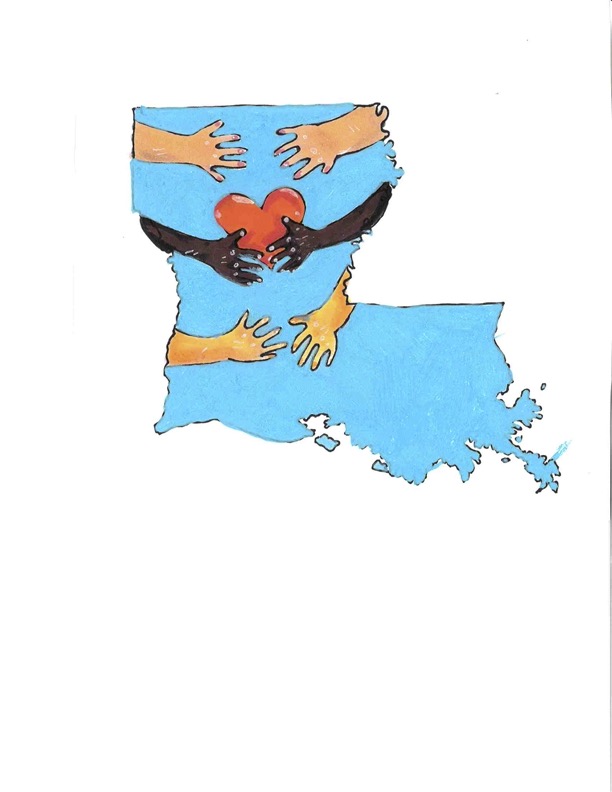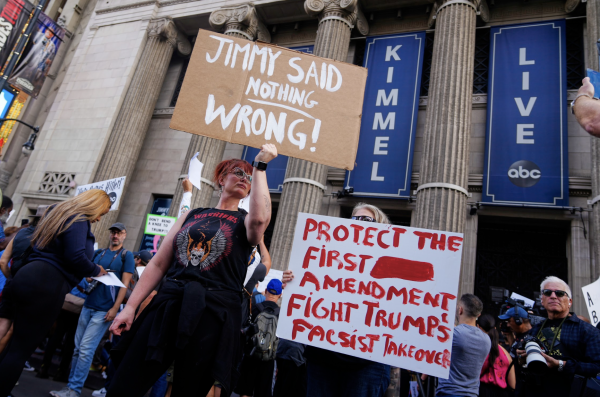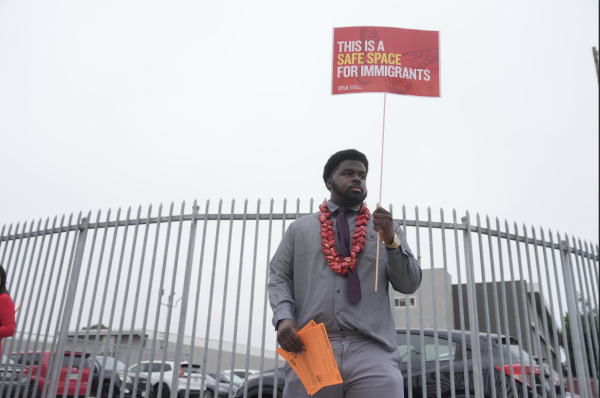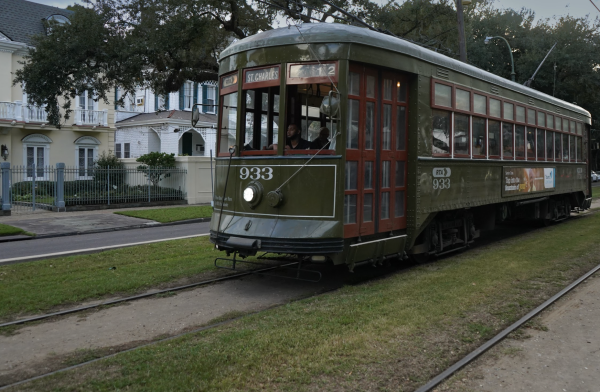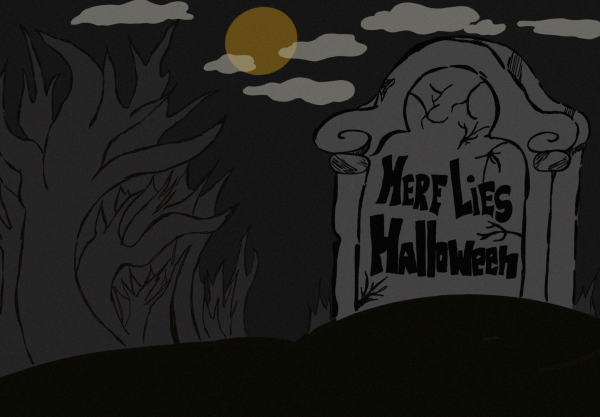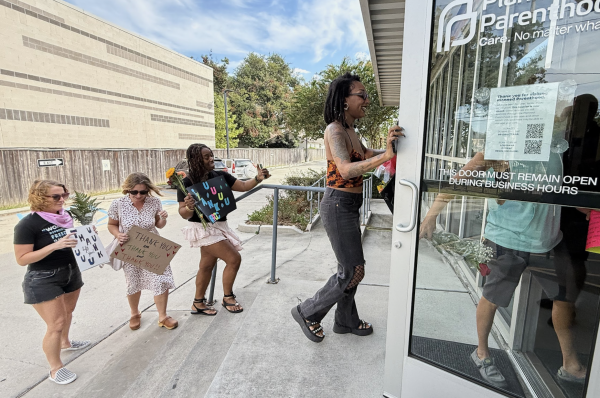EDITORIAL: This isn’t a hurrication
For much of Loyola’s student body, Louisiana is home, but most of us are transplants. We come to New Orleans, party, and mooch off of the city for four years. Then, many of us will move away again.
When Hurricane Ida made landfall as a Category four storm, many of us fled the city days before and returned to our homes, hundreds of miles away, safe from the storm. But this wasn’t the reality for everyone. Locals lost their homes and their livelihoods and had nowhere else to go.
In the wake of Ida, we’ve all heard people, even the university, say “this wasn’t another Katrina.” While that statement may ring true for most of New Orleans, thousands of people in Louisiana are still without power or internet. Thousands of people are without homes. Thousands of people will never be able to fully recover from the storm. Entire parishes were underwater, with residents stuck inside their homes, unable to call for help.
So, we need to stop saying “this wasn’t another Katrina.” To some, it was. While we understand the desire to make light of a difficult situation, comparing it to a similar event that was “worse” is insensitive at best. It triggered horrifying memories of losing everything for those who survived both storms. It leveled houses in nearby parishes. It was a traumatizing reminder of the fragility of our coastal parishes and our financial vulnerability.
We thank the university for their comforting emails, kind-spirited videos, and temporary housing accommodations. However, this is not enough for all of us. We need to recognize that some students still aren’t okay. They may not have homes, cars, or electricity.
While many of us were able to drive states away and spend two weeks watching Netflix and catching up with our families, local students didn’t have the same experience. Students posted tone deaf “hurrication” posts while local families sat stuck in their homes, exhausted, sweaty, and rationing resources.
While we’re still here, we need to take care of the city in the same way that it takes care of us.
Locals, such as Kim Diaz, international history senior, organized mutual aid events and fundraisers. It’s time that transplants bring the same support. We can’t spend four years in our uptown bubble, ignoring our community in times of need. It’s time we pay the city back.
The state of Louisiana is known for rising through adversity and being a good neighbor. It’s ingrained in the state’s culture, and even our flag. The flag depicts a mother pelican caring for its young by tearing the feathers out of it’s breast and feeding them its blood. While we don’t need to take measures that drastic, we need to care for each other, even if it’s inconvenient for us.
That means listening to locals about what they need, not what we think they need. It means recognizing that 19% of Louisianaians and 25% of New Orleanians live at or below the poverty line. It means looking beyond our narrow view of the city, getting involved in the community, and working for the people that make the city so vibrant.
Donate to reputable organizations, local projects, and direct households. Some of the best places are located right off campus, like Second Harvest Food Bank, which provides meals and disaster-readiness food boxes to Southern Louisianaians.
Other local organizations support minority communities in the city that were hit the hardest. El Pueblo Nola supports the local Latine and undocumented community, providing them with healthcare and educational resources. Télé-Louisiana is working with the local indigenous community to collect funds to help the Pointe-au-Chien Indian Tribe recover from the devastating damages they experienced during the hurricane. Part of loving the city is taking care of the people within it.
Many of us came from around the world to go to college in New Orleans and have grown to love it, but we can’t only love the city when it’s easy. Right now, we need to listen to locals about what they need. We need to stop comparing their current situation to their past trauma. It’s time to help the city that helps us.
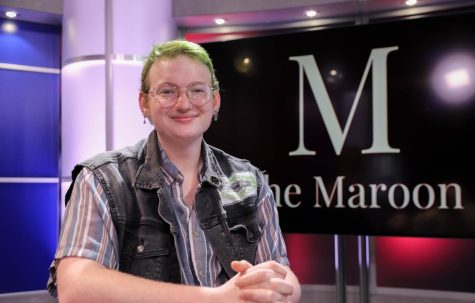
Oliver Bennett is a mass communications journalism and sociology major from Dallas, Texas and Natchitoches, Louisiana. This semester, he’s excited to...


